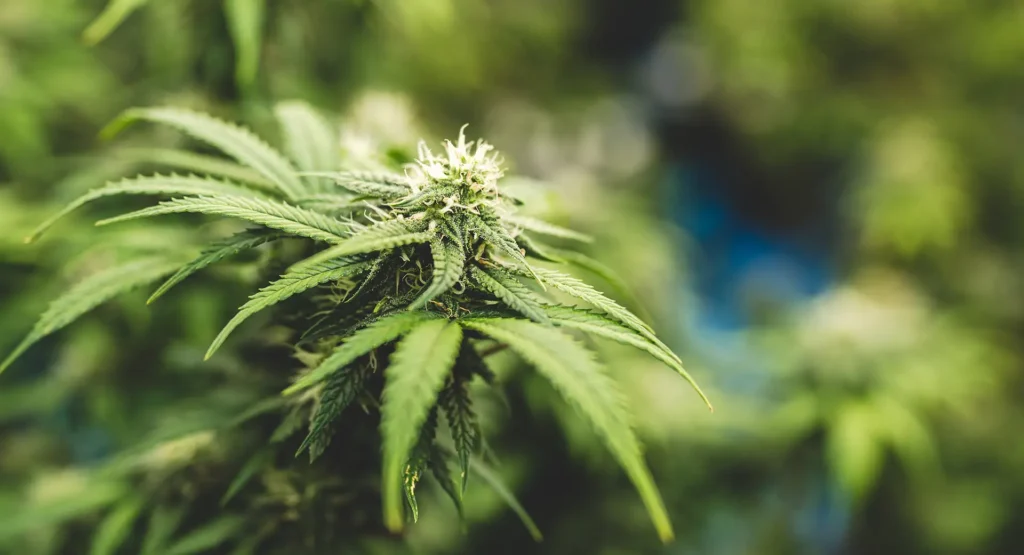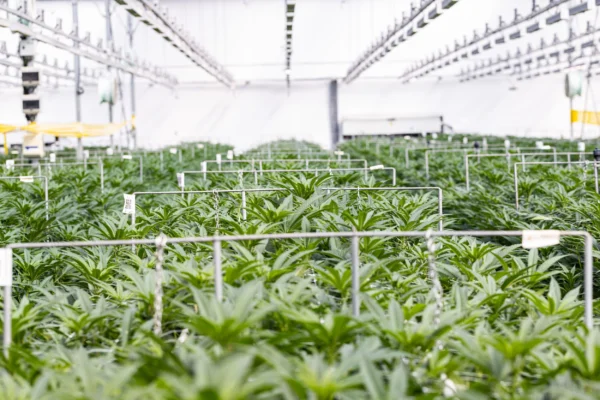Introduction
The global landscape of cannabis legislation is evolving rapidly, with increasing access to legal medicinal and recreational products. However, the use of illegal cannabis remains prevalent. Recent data suggests that a significant portion of UK adults (7.8% of those aged 16-59) have used cannabis in the past year, with an estimated 1.77 million adults using illegal products for health-related reasons. This highlights a crucial public health concern: the potential presence of harmful contaminants in unregulated cannabis.
The Dangers of Contamination and Adulteration
Contaminants can occur naturally in cannabis due to improper cultivation or handling, or they may be intentionally added by illegal growers or suppliers. They can range from other controlled drugs and pesticides to other harmful substances such as glass. While high-profile cases have included the discovery of harmful contaminants in illicit nicotine vapes and cannabinoid e-cigarettes, the adulteration of illicit cannabis with novel psychoactive substances is becoming a growing concern.
Illicit cannabis products can be contaminated with a range of substances, either unintentionally or deliberately. Contaminants may include:
- Pesticides and heavy metals due to improper cultivation.
- Other controlled drugs.
- Foreign materials like glass.
- Novel psychoactive substances (NPS).
The adulteration of cannabis with NPS is a growing concern, as these substances can have unpredictable and potentially harmful effects.
WEDINOS: A Window into Illicit Drug Composition
Since 2013, the Welsh Emerging Drug & Identification of Novel Substances (WEDINOS) has provided a valuable service for analysing illicit drugs and unidentified substances. By anonymously collecting samples from across the UK, WEDINOS offers insights into the composition of these products.
A recent study analysed cannabis samples submitted to WEDINOS to assess the prevalence of chemical adulterants.
Key Findings on Contaminants in Illegal Cannabis Products
Researchers examined 1,635 samples submitted to WEDINOS, focusing on products intended for cannabis consumption. Key findings include:
- Sample types: Vape products were the most common sample type (38.90%), followed by various forms, including edibles, oils, flower, and hash.
- Cannabinoid Presence: While many samples were reported as cannabis-related, analysis revealed varying levels of cannabinoids: cannabis, CBD, THC, and CBN. Two in five products did not contain any naturally occurring cannabinoids. One in ten samples contained no active compound.
- Adulteration: A concerning one-third of samples contained a substance not naturally found in cannabis. The most common adulterants were synthetic cannabinoid receptor agonists, which were present in one-quarter of all tested samples.
Implications for Consumer Health
These findings underscore the significant risk of contamination in illicit cannabis products in the UK. Vape products, in particular, showed a high prevalence of adulteration with psychoactive substances.
It’s important to note that it’s difficult to determine the true extent of cannabis adulteration. However, the study reinforces the challenges of accurately identifying the contents of illicit substances. The prevalence of synthetic cannabinoid receptor agonists is particularly concerning, as these substances can have unpredictable and potentially harmful effects.
Protecting Cannabis Consumers
The illegal market remains a primary source of cannabis in the UK, but it lacks the regulation and quality control measures found in legal markets. This poses a significant risk to consumer safety.
To mitigate these risks, potential strategies include:
- Increased availability of drug testing services.
- Public awareness campaigns about the dangers of adulterated cannabis.
- Increased education about the availability of pharmaceutical-grade cannabis.
For individuals considering self-medication with cannabis, it is important to be aware that cannabis-based medicines may be available through prescription for a range of conditions when conventional treatments are not effective.









